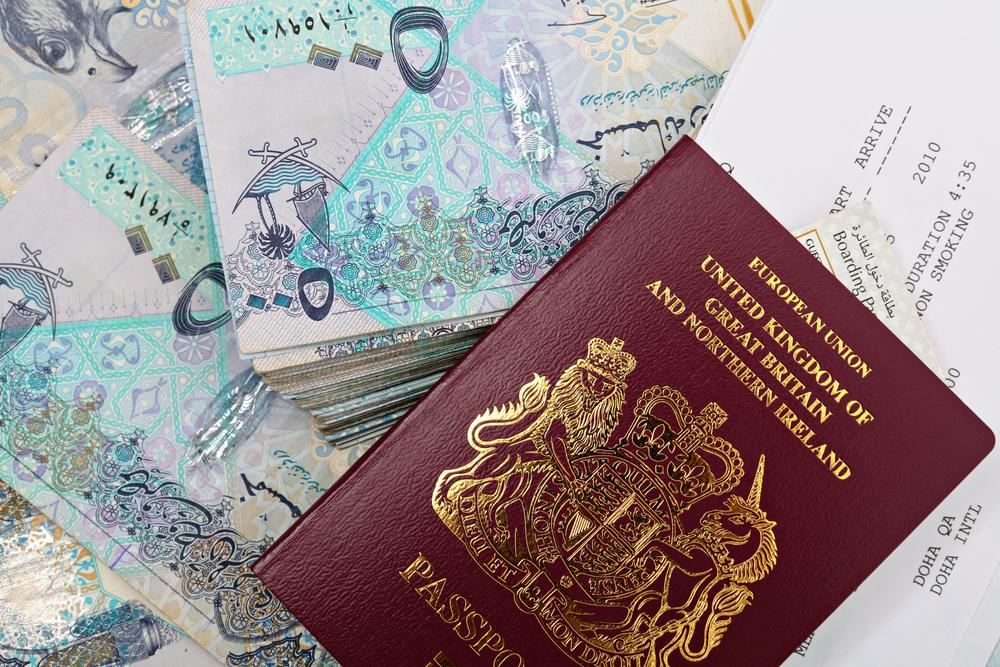Essential Investment Tips for Expats: A Complete Guide
This guide offers essential investment strategies for expatriates, covering offshore opportunities, tax responsibilities, and remote portfolio management. It emphasizes how U.S. citizens abroad can optimize their investments while complying with international tax laws, ensuring financial stability across borders.
Sponsored

Living abroad as an expatriate involves unique challenges and opportunities. Transitioning to a new country can bring feelings of homesickness or excitement for new beginnings. After spending years in your native land, moving internationally is a significant life event.
One key aspect for expats is making informed investment choices to secure their financial future. Keep reading to discover critical insights for investing successfully while living abroad.
Although expatriates leave their home country, they often enjoy benefits like broader investment options, cultural exploration, and a lower cost of living.
Here’s what you need to know about investing as an expat.
U.S. citizens abroad can open online brokerage accounts such as Schwab One International, providing access to stocks, multi-currency trading, ETFs, Forex, bonds, and more. These accounts can often be linked with offshore accounts for seamless management from abroad.
Offshore Investment Opportunities
Depending on your current country of residence, investment options vary. Developed nations like the UK, Canada, or Australia offer extensive opportunities, and some brokerages even facilitate investing in U.S. securities.
In some developing nations across Asia or Africa, local investment access may be limited by law. However, expats can still invest in their home country or access existing accounts globally.
Tax Considerations
Tax obligations are a vital part of expat finances. U.S. citizens must report worldwide income, regardless of where they live. Consulting a financial expert specializing in international investments is recommended to navigate potential double taxation issues.
The IRS requires foreign asset reporting and accounts for foreign taxes paid through the Foreign Tax Credit. Additionally, expats must comply with FATCA regulations, sharing foreign financial data with U.S. authorities.
Living abroad impacts taxation and financial planning, but U.S.-based firms are experienced in supporting expats' investment needs. These institutions allow you to manage your portfolio remotely from anywhere in the world.
No matter where you reside as an expat, prioritizing your investments remains essential for long-term financial security.





